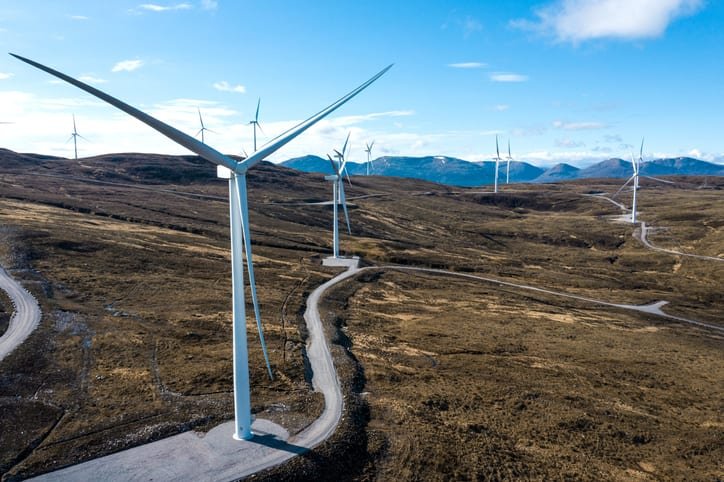However, average footprints decreased across all areas of lifestyle, which indicates an appetite for more sustainable living.
Switching to lower-carbon transport – including cycling, public transport, and electric cars – helps reduce the travel footprint. Yet even before Covid-19, more than 60% of respondents did not travel by public transport (bus or train), and trends show use of public transport going down.
As the UK emerges from the pandemic, this trend must be reversed, with investment in more sustainable public transport to help meet UK targets for emissions reductions.
One step leads to another…
Interestingly, small steps for the environment in one lifestyle area point towards a smaller overall carbon footprint in other areas, too.
For example, people who always switch off appliances rather than leaving them on standby have an average footprint in other, unrelated, lifestyle areas (including food and travel) more than 2.5 tonnes smaller than those who don’t switch off.
Similarly, data showed respondents who don’t eat meat to have a smaller footprint in non-food-related areas – including home emissions, as well as from the ‘stuff’ they buy such as clothes and electrical goods – compared with meat eaters.
On average, the non-food-related part of their footprint is 10.5 tonnes of CO2e compared with 12.4 tonnes for meat eaters.
‘The carbon calculator analysis showed people’s desire for a lower carbon future. Meeting our climate targets will require a combination of small and big changes, such as maintaining a reduction in international travel, which is needed to bring down personal footprints.
‘Changing consumer behaviours are a very important component of moving towards a low-carbon future, but these must also be complemented by a rapid transition towards renewable energy and a circular economy.’
DR CHRIS WEST
Stockholm Environment Institute, University of York
Action from government
Despite these encouraging trends, the average carbon footprint will need to reduce much further to help the UK meet its climate goals.
Positive steps to cut personal carbon footprints must be combined with action from government and businesses to achieve the necessary scale of change.
 Play Video about This Rock Might Just Save The World
Play Video about This Rock Might Just Save The World Play Video about Play 2 hours of rock
Play Video about Play 2 hours of rock Play Video about Play 2 hours of brook
Play Video about Play 2 hours of brook Play Video about Play 2 hours of sheep
Play Video about Play 2 hours of sheep















































